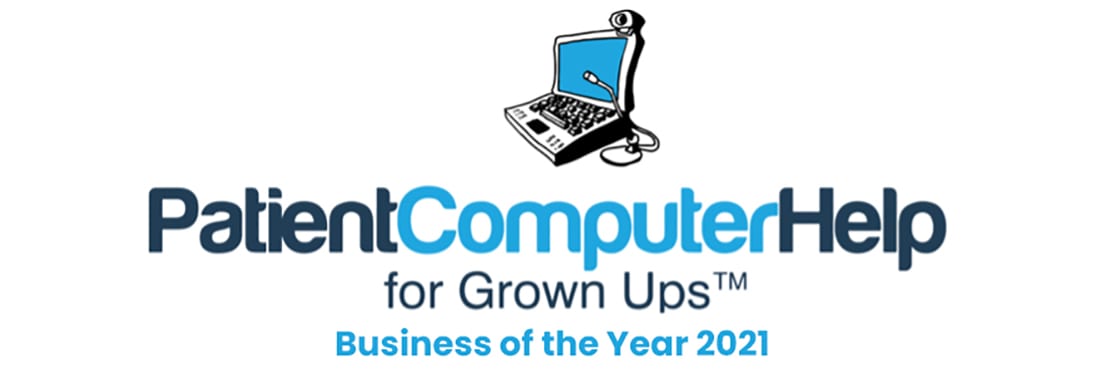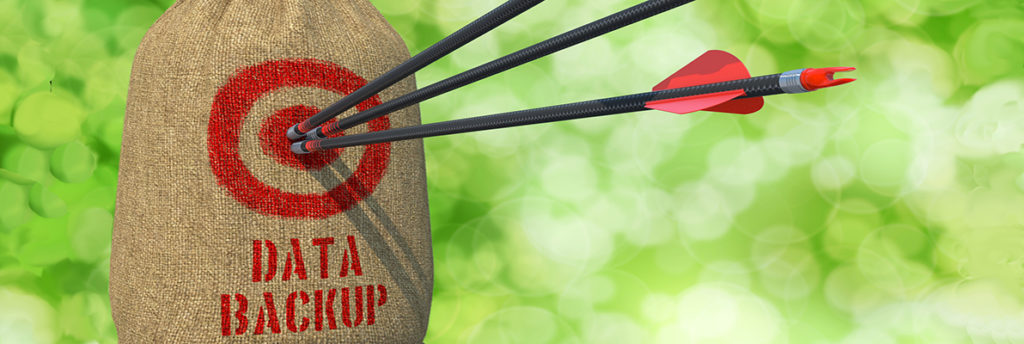
You’ve heard it before, that phrase, “the cloud.” People throw it around as a corporate buzzword, promote it as a selling point, and gild it like some sort of holy grail of computing, but what exactly is it? The answer isn’t always clear, but let’s go over some of the basic tenets to help better define “the cloud.”
In general terms, the cloud is the Internet. All that cyberspace between your coffee shop wifi and the servers that power Facebook, from Amazon to Bing to Pinterest, it’s all of those and the web of connections that ties them together. More importantly, it’s the infrastructure, and the idea behind it, that forms this mysterious cloud.
Accessible Anywhere
One of the main ideas behind the cloud is that everything is “out there” — stored on a server, or in all likelihood, multiple servers, on the Internet, rather than on the computer sitting on your lap. There’s little or no software to install, and in fact, most of the time you simply use the browser (i.e., Chrome, Firefox, Edge, Safari) already on your device to access the cloud. That means since it’s “out there,” it’s accessible from nearly anywhere: the public computers at the library, your friend’s notebook PC, your iPad, your Android phone — you get the idea.
No, we’re not just talking your files and photos, though that’s a large part of it. Now, entire applications run in the cloud. The technical name is “software as a service,” and it runs right in the browser, too. Google Drive is a prime example — when you normally would have used Microsoft Word or Excel on your desktop computer, you can now use Google Docs for word processing, and Google Sheets for spreadsheets and there’s nothing to show for it on your hard drive. It exists in the cloud. Of course, you can download the files, if you so choose, but, typically, there’s no toting around a floppy disk or USB thumb drive; you simply log in to the cloud from wherever you may be.
Works Everywhere
In the very near past, your choice of operating system could limit which software you installed on your machine. Now, it’s all taken care of for you: if you have a browser, you have the ability to run the software. Granted, the experience may not always be the best, say, on your phone’s smaller screen, but the infrastructure and the idea are still there.
No Upgrade Treadmill
Remember the time you bought that accounting software at your local computer store, then turned around the next week and a shiny new version had just been released? That’s right, you bought version 10 when version 11 was just around the corner. Now you have to pony up some more cash — maybe the full retail price, maybe just an upgrade fee — if you want the latest features. With the cloud, that’s a thing of the past. Sure, there are regular updates and improvements, but they simply replace what was already there in the cloud. The catch is, unlike the one-time software license fees of old, you’re typically now subscribing to that software as a service with a monthly or annual fee, so it’s a bit of give and take.
Built in Backups
Perhaps one of the greatest benefits of all this is if your computer crashes or your hard drive gets fried in a lightning storm, your files are safe out there in the cloud. Typically, data are distributed across multiple servers, perhaps multiple locations, and maybe even in multiple countries across the globe (which is also something to think about in terms of legal ramifications), so it would likely take quite the catastrophic event to wipe out your stuff.
So, now you don’t have to wonder what exactly you’re getting yourself into when you dabble in the cloud. There’s no real mystery involved: it’s simply businesses providing you services remotely from servers connected to the Internet.
Luckily, we at Patient Computer Help are here to help you navigate the cloud, should you have any questions.



